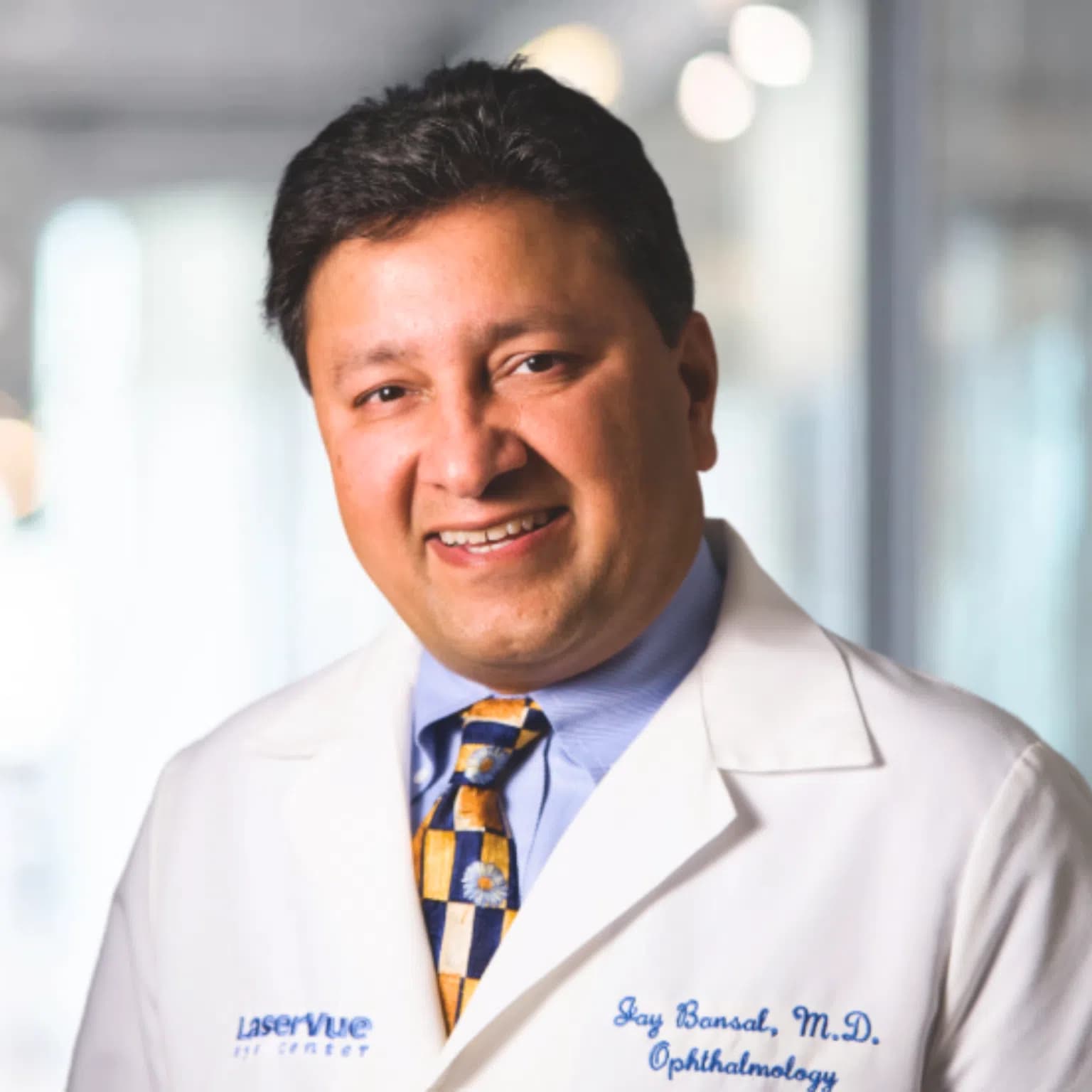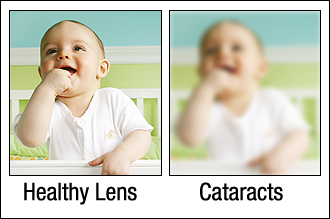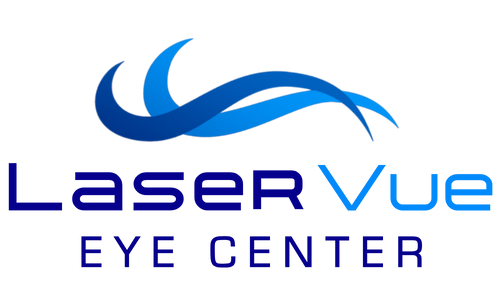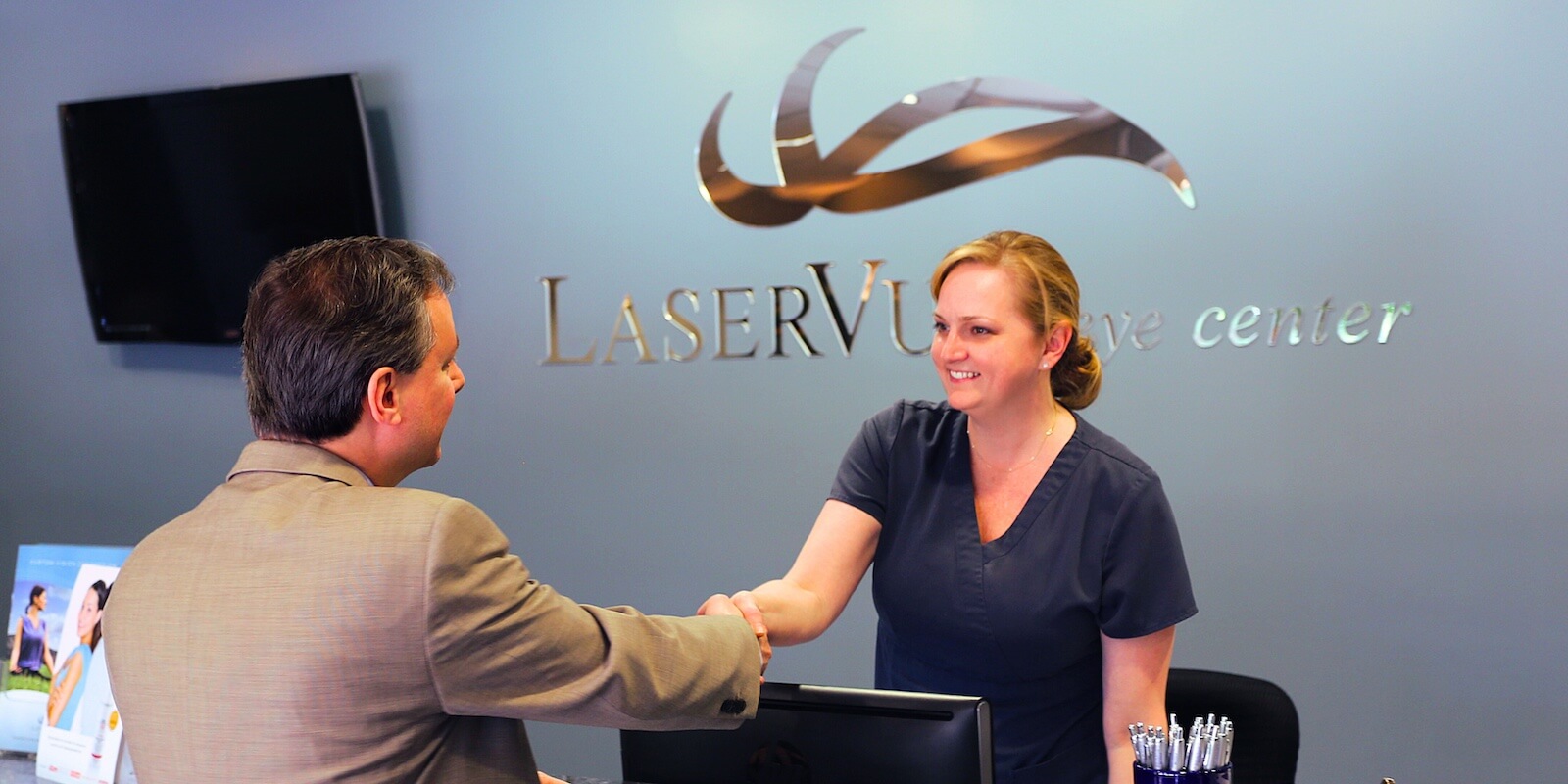Posted by: Jay Bansal, MD in Cataracts

Jay Bansal, MD

Are you suffering from cataracts that make it more challenging to live your life? If you have cataracts, your eye doctor may not immediately recommend treatment.
You can have cataracts for years or even decades before they affect your ability to see. You may not even realize you have cataracts at this point!
There’s only one treatment for cataracts: having them removed by having cataract surgery. But if your cataracts aren’t advanced enough, your eye doctor probably won’t suggest surgery until they affect your quality of life.
You’ll have cataract surgery performed by a cataract surgeon. A cataract surgeon is an ophthalmologist with a medical degree who specializes in cataract surgery.
When it’s time for cataract surgery, you want your eye doctor to refer you to the best cataract surgeon. But how do you know when it’s time?
How do you know you’ll get a referral to the best cataract surgeon available? Before getting a handle on that, you need to understand what cataracts are and how they affect your vision.
Keep reading to learn more about cataracts and how soon an eye doctor should refer you to the best cataract surgeon in San Francisco!
What are Cataracts?

Cataracts occur when the natural lens in your eye, which is usually clear and easy to see through, becomes cloudy. The lens turning cloudy mainly occurs as a side effect of aging.
But cataracts are also associated with diabetes, corticosteroid use, and traumatic eye injury. They also tend to form very slowly over several years or decades. Many patients don’t even realize they have them at first. But eventually, they cause a variety of visual symptoms, including:
- Blurry vision
- Difficulty seeing in low light
- Light sensitivity
- Intense glare
- Halos around light sources
- Decreased ability to see any contrast between colors
- Double vision in one eye
The more developed your cataracts become, the cloudier the natural lens becomes. As the cloudiness increases, it worsens the severity of your symptoms.
When left untreated, cataracts can eventually cause blindness. But you may not need treatment right away.
When to Seek Treatment

If you regularly see an eye doctor as you should, you’re more likely to receive a prompt and early cataract diagnosis. Since cataracts can take so long to develop, your eye doctor probably won’t recommend treatment until your cataracts begin to affect your quality of life.
If your cataracts affect your vision enough that it’s hard to do daily tasks, that’s when you know it’s time to have cataract surgery. Do you find it challenging to see the knobs on your oven?
Do you sometimes stumble or injure yourself while completing ordinary tasks at home because of visual impairment? These are some signs that it may be time to consider having cataract surgery.
Although it’s up to you when to have cataract surgery, you should have it if you’re experiencing impaired vision to make your life easier. Your eye doctor can make recommendations on a timeline based on what you tell them about how your vision affects your life.
They can also make recommendations on where to have cataract surgery, and they may refer you to an ophthalmologist. Many eye doctors are optometrists, meaning they have an optometry degree.
However, optometrists do not hold a medical degree and cannot perform cataract surgery. Only an ophthalmologist, and specifically a cataract surgeon, can perform cataract surgery.
Cataract Surgery

Cataract surgery is one of the country’s most commonly performed medical procedures. It’s a low-risk, outpatient procedure.
If you have cataracts in both eyes, you’ll have separate procedures after each eye finishes healing and recovering. Undergoing the cataract removal procedure does not require general anesthesia.
Instead, you’ll receive numbing eye drops to ensure you won’t feel any pain during the procedure. To remove your cataract, your cataract surgeon makes a small incision and then uses a small instrument to break apart your natural lens.
They then remove the lens pieces by pulling them through the incision. An artificial lens called an intraocular lens (IOL) is folded up and inserted through the incision, where it’s unfurled and positioned to replace your natural lens.
Although undergoing cataract surgery is relatively simple, it doesn’t change the fact that you want the best cataract surgeon to perform the procedure. When you know you have the best in San Francisco, you can rest assured you’ll achieve optimal results.
Qualities to Look for in the Best Cataract Surgeons

There’s no way to know who your eye doctor will refer you to, but you can have control over your cataract surgeon. You can and should start with whoever your eye doctor recommends, but you should also do your research and make sure the person they refer you to is the best.
There are a few qualities that the best cataract surgeons have: a good education, extensive experience, a stellar reputation, board certification, and a supportive personality. You can research your potential surgeon online to determine if they possess these qualities and talk to your eye doctor about who they recommend.
Also, ask any cataract surgeon you go to for a consultation about their experience. Make sure they’re supportive and able to answer your questions in a way that makes you feel comfortable and informed.
If you’re in San Francisco and aren’t satisfied with the cataract surgeon you’ve been referred to, you can find another one. Not sure where to start?
LaserVue Eye Center is the best of the best! Our cataract surgeon, Dr. Jay Bansal, was rated one of the Best Cataract Surgeons of 2022 by the American College of Elective Surgery.
You can be sure you’re getting the best if you go to LaserVue Eye Center. Why not take cataract surgery into your own hands by scheduling a cataract consultation at LaserVue Eye Center in San Francisco, CA?

